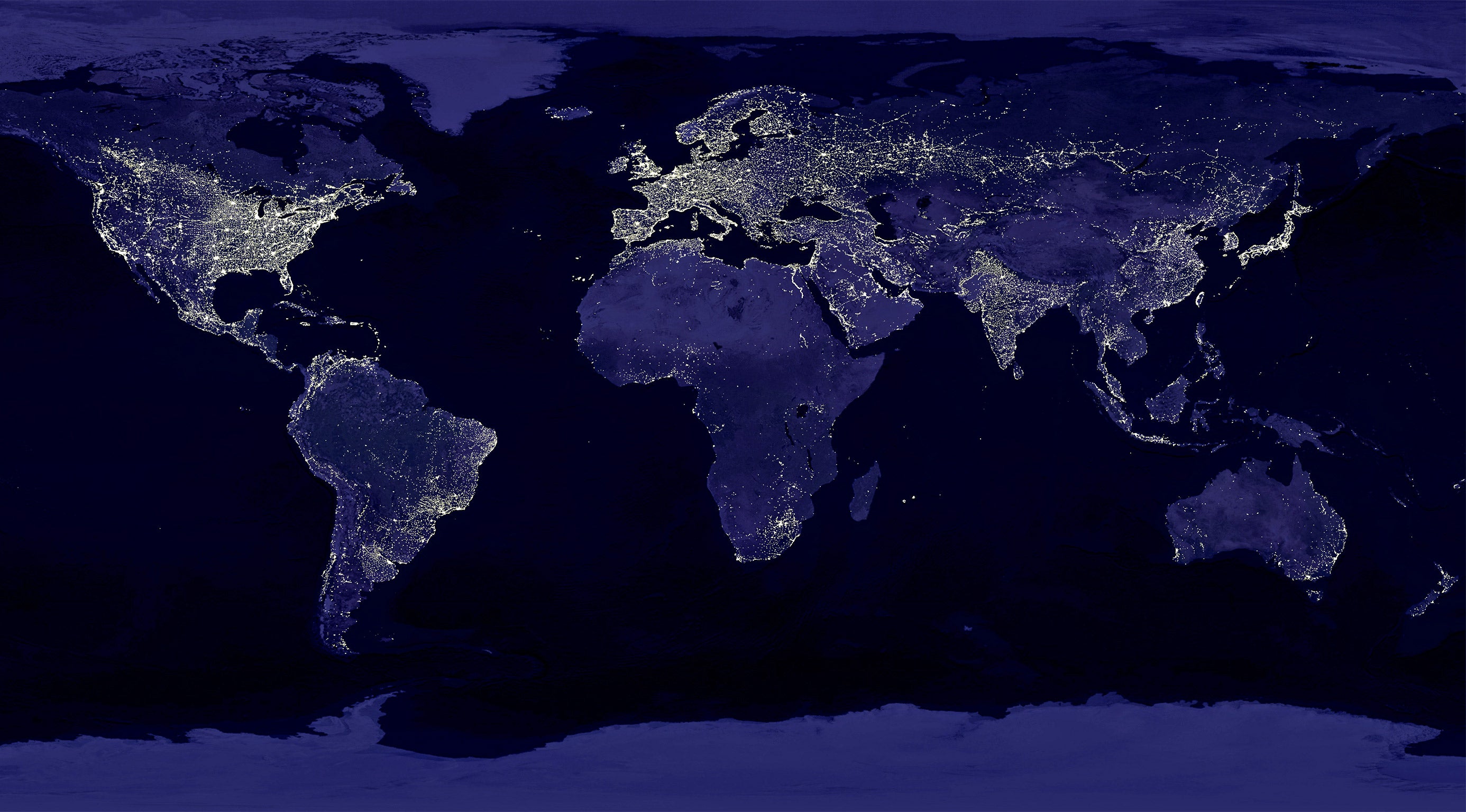Scientists to launch global hunt for ‘line in the rock’ marking the ‘scary’ new man-made epoch
Declaring we now live in the ‘Anthropocene’ would reflect the impact of artificial changes to the Earth's climate, chemistry, lifeforms and even the rocks of the future

A worldwide hunt for a “line in the rock” that shows the beginning of a new geological epoch defined by humanity’s extraordinary impact on planet Earth is expected to get underway in the next few weeks.
The idea that we are now living in the Anthropocene epoch has been gaining ground in recent years.
The surge in global temperatures by an average of one degree Celsius in little over a century, the burning of vast amounts of fossil fuels, the extinction of many animal species, the widespread use of nitrogen fertilisers, the deluge of plastic rubbish and a number of other factors have all caused changes that will remain visible in rocks for millions of years.
Later this month, an expert working group – set up to investigate whether these changes are so significant that the 11,500-year-old Holocene epoch is now at an end – will present its latest findings to the 35th International Geological Congress (IGC) in South Africa.
They then plan to search for what is known as a “golden spike” – a physical point in the geological record that shows where one epoch changed to another – which could win over any remaining doubters among the geology community.
This would set in train a process that could see a formal declaration that we are living in the Anthropocene by the International Union of Geological Sciences in just two years.
Dr Colin Waters, secretary of the Anthropocene Working Group who will address the IGC, told The Independent: “The key thing to us is the scale of the changes that have happened.
“It’s of comparable scale with what happened with the Holocene and the transition from the last ice age.”
A key factor in defining the boundaries of the different chapters in Earth’s geological history has been climate as Earth moved from ice age to warm periods.
In the past, humans had “no input into that and all the changes have been because of that natural oscillation”, said Dr Watson, a geologist at the British Geological Survey.
“But really in the last century we have had such a huge impact that we’re actually taking the planet away from that natural oscillation and changing the trend for global temperatures from what should have been a cooling trend to a warming trend,” he said.
The mid-20th century has emerged as the favourite time for the beginning of the Anthropocene partly because of the number of different indications that will be written into our planet.

Radioactive particles from the open-air nuclear bomb blasts, which began in 1945, were scattered all over the planet. The same is true of smoke from the burning of fossil fuels, which increased dramatically after World War Two.
Discarded plastic, which is expected to last for thousands of years, and blooms of algae – caused by chemical fertilisers washed and blown into rivers, lakes and the sea – are already caught up in sediments that will make the rocks of the future. Pesticides have also left their own chemical signature.
Global warming has melted glaciers, enabling plants to grow and creating a sharp dividing line in the sediment, and raised the temperature and altered the acidity of the oceans.
It is also thought the golden spike might be found in corals, which have suffered widespread bleaching because of the warmer water. They have also been damaged by trawlers’ nets and pollution.
In a paper in the journal Science earlier this year, Dr Waters and others said an age range of 1945 to 1964 had been proposed for the start of the Anthropocene.
The working group’s convener, Professor Jan Zalasiewicz, a palaeobiologist at Leicester University, said: “There’s a majority of opinion on the working group to say the Anthropocene is real.”
However there is still a debate about when it started and some experts believe it is premature to formally declare a new epoch.
“The feeling is that it would be better, most geologists would be more comfortable, if there was a ‘golden spike’ a physical reference point in the strata,” Professor Zalasiewicz said.
“We’ll suggest [to the Congress] that we begin the process of looking around the world for a set of sections that could be sediments in lake beds, peat bogs, glaciers … where there are a set of signals to show the beginning of the Anthropocene.
“And then we’ll choose one of these to say ‘this is the reference point, this marks the beginning of the Anthropocene’.”
Writing in the journal Nature on Wednesday, Professor Clive Hamilton, an ethicist at Charles Sturt University in Australia, spelled out how drastic the changes were that were prompting scientists to think about declaring a new epoch.
"The Anthropocene was conceived by Earth-system scientists to capture the very recent rupture in Earth’s history arising from the impact of human activity on the Earth system as a whole. Read that again. Take special note of the phrases ‘very recent rupture’ and ‘the Earth system as a whole’. Understanding the Anthropocene, and what humanity now confronts, depends on a firm grasp of these concepts," he wrote.
"Some scientists even write: “Welcome to the Anthropocene.” At first I thought they were being ironic, but now I see they are not. And that’s scary. The idea of the Anthropocene is not welcoming. It should frighten us. And scientists should present it as such."
Join our commenting forum
Join thought-provoking conversations, follow other Independent readers and see their replies
Comments
Bookmark popover
Removed from bookmarks